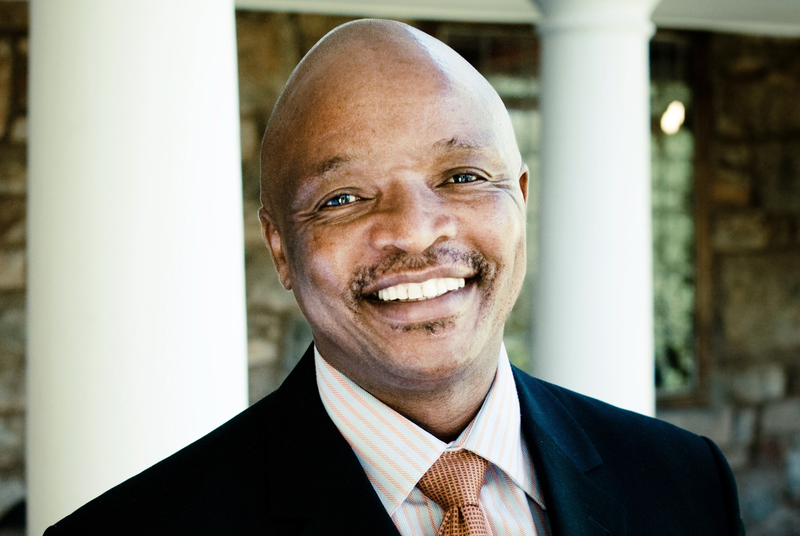Report on UCT Council meeting of 30 March
05 April 2019 | From the Chair’s Desk
Dear members of the campus community
The first University of Cape Town (UCT) Council meeting for 2019 was held on Saturday, 30 March 2019. I write to report on some of the items discussed and decisions taken.
Transformation Report
The transformation project is a critically important initiative at the university, and one that the Council takes a close interest in. It is central to the strategic plan of the university. Council debated the Transformation Report and resolved to adopt it as a record of the university’s transformation activities for 2018, and will submit it to the Department of Higher Education and Training on that basis. Council notes the progress made, the targets set and the key objectives that prevail, and will ensure that the university makes progress towards achieving its transformation goals.
Report of the Institutional Reconciliation and Transformation Commission
The report of the Institutional Reconciliation and Transformation Commission (IRTC) has been released to the university community. The term of the IRTC has come to an end and it remains for the Council to review the recommendations in the report. Consistent with amnesty decisions made previously, Council resolved to accept the recommendation of the IRTC Steering Committee that amnesty be awarded to three remaining students whose cases had conclusive findings in the University Student Discipline Tribunal. Council agreed that, while it would not be appropriate to release the names of the students concerned, it was necessary to disclose the transgressions for which amnesty was being granted. The transgressions are:
- defacing, removing and burning paintings and other items from Fuller Hall
- disrupting functions of the university
- erecting barricades on university property
- unauthorised entry into university facilities
- assisting in the setting alight of a university Jammie Shuttle bus.
In respect of those disciplinary cases that have been on hold as a result of the 2016 clemency agreement and the pending IRTC process, the vice-chancellor and her executive team have been tasked by Council to consider how these cases can be expedited and brought to conclusion.
The IRTC Steering Committee is currently receiving feedback on the IRTC’s report from the university’s various constituencies. Once this process is complete the steering committee’s recommendations, as well as the recommendations from the IRTC report, will be considered by Council.
Appointment of a new chancellor
The chancellor of UCT is elected for a 10-year term of office. Chancellor Graça Machel has indicated that she will not seek a further term when her term ends on 31 December 2019. UCT has been very well served by Chancellor Machel and the university will thank her appropriately in the future. For now, and as prescribed by the UCT Statute, Council has approved the process by which the call for nominations for chancellor will be made, and by which the requisite electoral college will be appointed. The task of the electoral college is to consider nominations and elect a chancellor. The registrar will in the near future communicate to the campus community the process to be followed.
Formal relationships with Israeli academic institutions in the Occupied Palestinian Territories
Council debated the Senate resolution that “UCT will not enter into any formal relationships with Israeli academic institutions operating in the Occupied Palestinian Territories as well as other Israeli academic institutions enabling gross human rights violations in the Occupied Palestinian Territories”. Council did not adopt this resolution of the Senate. It was the view of the Council that a number of issues required clarification, including a full assessment of the sustainability impact of the Senate resolution, and that a more consultative process was necessary before the matter could be considered any further. Council resolved to refer the matter back to the Senate.
The Council separately resolved to:
- reaffirm its commitment to supporting the rights and freedoms of all people as universally recognised under international law
- condemn any acts that violate those rights and freedoms
- condemn the atrocities and human rights violations perpetrated in the Occupied Palestinian Territories, and elsewhere in the world
- call on all academics and academic institutions to support this resolution
- reaffirm UCT’s commitment to academic freedom but reserve the right to dissociate itself from those academics and academic institutions that support (directly or indirectly) the violation of human rights and/or enable the violation of human rights.
Composition of Council
Council supported the recommendation of the Council Ad Hoc Committee to review the composition of Council in light of the request by the Minister of Higher Education and Training to increase the number of Council members appointed by the minister from three to five. Council will make its recommendation to the minister once the registrar has solicited input from the university community.
Ministerial statement on academic records
Council noted the statement of 15 February 2019 by the Minister of Higher Education and Training calling for the release of academic transcripts to students with fee debt. Council applauded the massive funding investment in higher education by the state over the past two years in particular, which has allowed academically qualifying students who struggle financially to access higher education. Council also noted the significant increase in the number of UCT students who are funded by the National Student Financial Aid Scheme (NSFAS), the university and external funders. In cases where a transcript is withheld due to fee debt, UCT issues (at the request of the potential employer) written confirmation that the academic requirements for the award of a qualification have been met. Council, mindful of its fiduciary responsibility, resolved to confirm the existing university policy as it was the Council’s view that the policy would not negatively impact those students who were funded by either NSFAS or UCT.
Subcommittee reports considered by Council
The reports accounting for the work of the University Human Resources Committee, Council’s Remuneration Committee and the University Building and Development Committee were noted. Council also considered the report of the University Finance Committee, in respect of which Council inter alia noted the management accounts for 2018, and approved the funds for the Neuroscience Institute project. This project will advance UCT’s teaching and research interests.
Council approved the initial fee payments for 2020 for local and international students. While UCT does not charge a registration fee, students are required to make an initial payment towards their tuition fees and student accommodation. The initial fee parameters are determined early to allow students, parents, guardians and sponsors to plan accordingly. Initial fees for students on financial aid, and many in the GAP cohort, are covered by their funding. Students funded by external sponsors may be exempted from making the initial payment by submitting their sponsorship letters. The details of the initial payments will be published by UCT.
Report on first-time entering undergraduate student registrations for 2019
Council was pleased to note the details of the 2019 first-time entering undergraduate enrolments. Council noted in particular that the enrolments achieved (3 873) were at 99.2% of the total target (3 905) across all faculties.
UCT enrolment plan 2020–2025
As required by the Department of Higher Education and Training, Council considered and approved an enrolment plan for the period 2020 to 2025 as recommended by the Senate. This plan seeks to respond to the drop in enrolments over the past two years, proposes to maintain the current ratio of undergraduate to postgraduate enrolments, gives attention to enrolments in areas of scarce skills, and underscores an imperative to improve student success rates and graduate outputs.
Advice from the Institutional Forum
On 15 November 2018 the Institutional Forum (IF) submitted advice to Council regarding senior staff selection processes. In February 2019 the executive considered the input of the IF, and in turn Council confirmed that a review of these policies was already underway. Council resolved to refer the advice of the IF to the University Human Resources Committee for its further consideration.
Honorary degrees
Council approved a recommendation for the award of an honorary degree. The details remain confidential until the nominee accepts the invitation and UCT makes a formal announcement.
Sincerely
Sipho M Pityana
Chair of UCT Council
Read previous communications:
 This work is licensed under a Creative Commons Attribution-NoDerivatives 4.0 International License.
This work is licensed under a Creative Commons Attribution-NoDerivatives 4.0 International License.
Please view the republishing articles page for more information.










